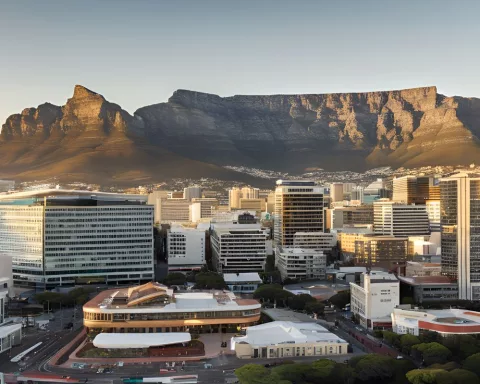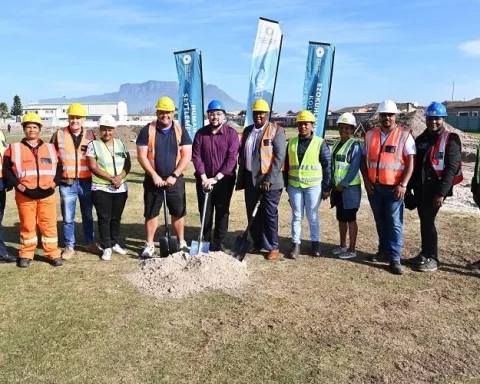The recent Santaco minibus taxi strike in Western Cape has significantly impacted the education sector, affecting both learners and staff. The strike has resulted in temporary school closures and affected attendance, causing concern for matriculants preparing for upcoming exams.
Education Statistics During the Strike
According to recent statistics, the strike has caused 60% of Western Cape learners, equivalent to 728,247 students, to be unable to attend classes. It has also resulted in the absence of 12,026 staff members, accounting for 21.5% of the total, and the closure of 48 schools (3.1%).
Response from Minister of Education
The region’s Minister of Education, David Maynier, has recently issued a statement addressing the challenges faced by schools due to the strike. He has expressed the determination to continue providing quality education despite the current circumstances.
Importance of Maintaining Teaching and Learning Opportunities
Minister Maynier emphasized the importance of maintaining continued teaching and learning opportunities for children. He highlighted the role of schools as safe spaces for learners who would otherwise be unattended and as a source of meals for those reliant on the feeding scheme.
Optimism for the Future
The minister expressed optimism that the numbers of absentee students and staff would continue to decline. He praised the dedication of teachers and staff who went to great lengths to accommodate learners affected by the strike. This collective effort demonstrates the resilience and commitment of the education sector in overcoming obstacles.
Prioritizing Education During Trying Times
Minister Maynier noted the concern of teachers for their learners, especially matriculants, who will soon be writing mock Matric exams. By prioritizing education and addressing the unique challenges faced by students, the minister aims to safeguard their futures and minimize disruptions to their learning.
Continuity of Education During COVID-19 Pandemic
The determination to maintain educational continuity during trying times not only applies to the current strike but also encompasses ongoing efforts to address learning losses caused by the COVID-19 pandemic. Minister Maynier stressed the importance of not compromising children’s futures by losing more teaching and learning time.
Although the Santaco minibus taxi strike has had a considerable impact on the education sector in Western Cape, the determination and commitment of the region’s educators and administration have ensured that children’s education remains a priority. Through collective effort and tenacity, the education sector aims to overcome the challenges posed by the strike and continue providing quality education for all learners.












